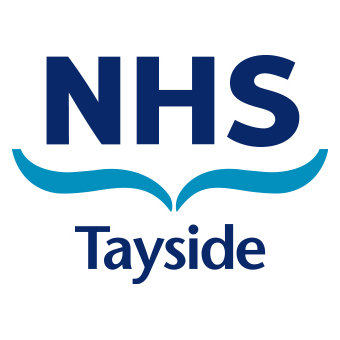- Assess pain score
- Weigh child
- Assess burn area/depth and cover
- Paracetamol 20mg/kg orally or 40mg/kg rectally
- Intravenous or intranasal opiates
- Consider ketamine IM or IV
Paediatric burns emergency guidelines

Based on COBIS guidelines 2019.
Superficial dermal less than 3%
- de-roof blisters and debride loose skin
- cleanse with warmed normal saline
- obtain wound swabs
- apply Mepitel dressings and sterile gauze and crepe bandage
- review in 24-48 hrs
Superficial dermal greater than 3%
As above but refer to plastics for consideration of Biobrane dressings
Deep dermal, full thickness less than 1%
- as per superficial dermal but dress with Mepitel.
- will require follow up by Plastics within 48 hrs for scar management.
Full thickness greater than 1%
Mepitel dressings and admission under care of Plastics.
All burns requiring specialist input are to be referred to the on call plastic surgeon in Ninewells.
Burns requiring immediate referral:
• Any burn greater than 3% TBSA
• Full thickness burns greater than 1%
• Burns to hands, face, feet, perineum or joint involvement
• High voltage electrical injury
• Chemical injury
• Airway involvement
• Burns with associated significant injury
• Any burn suspected of being non accidental (refer to local child protection policy)
• Circumferential burns
Burns that do not require admission which need prompt review in an appropriate Burns clinic
• Burns less than 3% with doubt regarding depth of injury
• Deep dermal / Full thickness injuries less than 1%
• Burns less than 3% that have not healed within 7-10 days